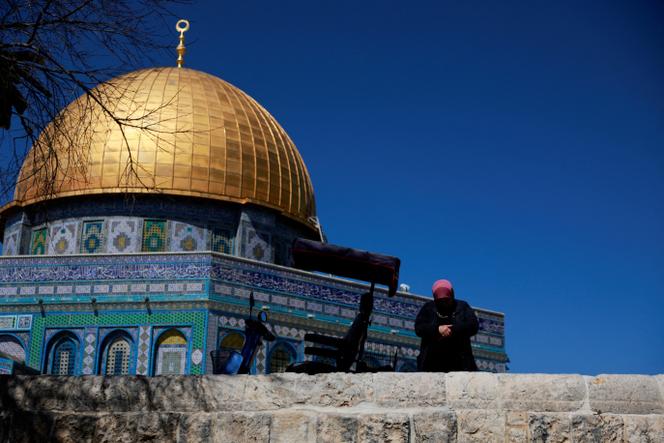


Israel revealed its long-awaited strategy on Tuesday, March 5, for managing Muslim worshippers seeking to pray at a contentious holy site in Jerusalem during the forthcoming holy month of Ramadan. Previous apprehensions had arisen regarding Israel's potential to significantly limit the number of worshippers permitted at the site. However, Prime Minister Benjamin Netanyahu assured that Israel would maintain a comparable number of Muslims allowed to worship at the Al-Aqsa Mosque during the initial week of Ramadan, consistent with past years.
The decision was made following a government meeting involving top security officials. Netanyahu stated that security forces would determine whether any adjustments were necessary. However, the decision drew criticism from the far-right National Security Minister, Itamar Ben Gvir, who deemed it a threat to Israelis.
Netanyahu's office would not comment on whether Palestinians from the West Bank would be able to enter Jerusalem to pray at Al-Aqsa during Ramadan. Most of the checkpoints between Israel and the West Bank have been closed since the Hamas attack on October 7 that sparked the war.
In previous years, Israel allowed women and young children from the West Bank to enter Jerusalem without a permit during Ramadan, as well as men between the ages of 45 and 55 who have a permit.
